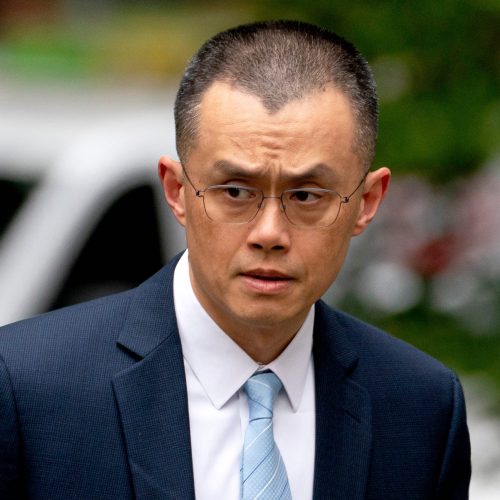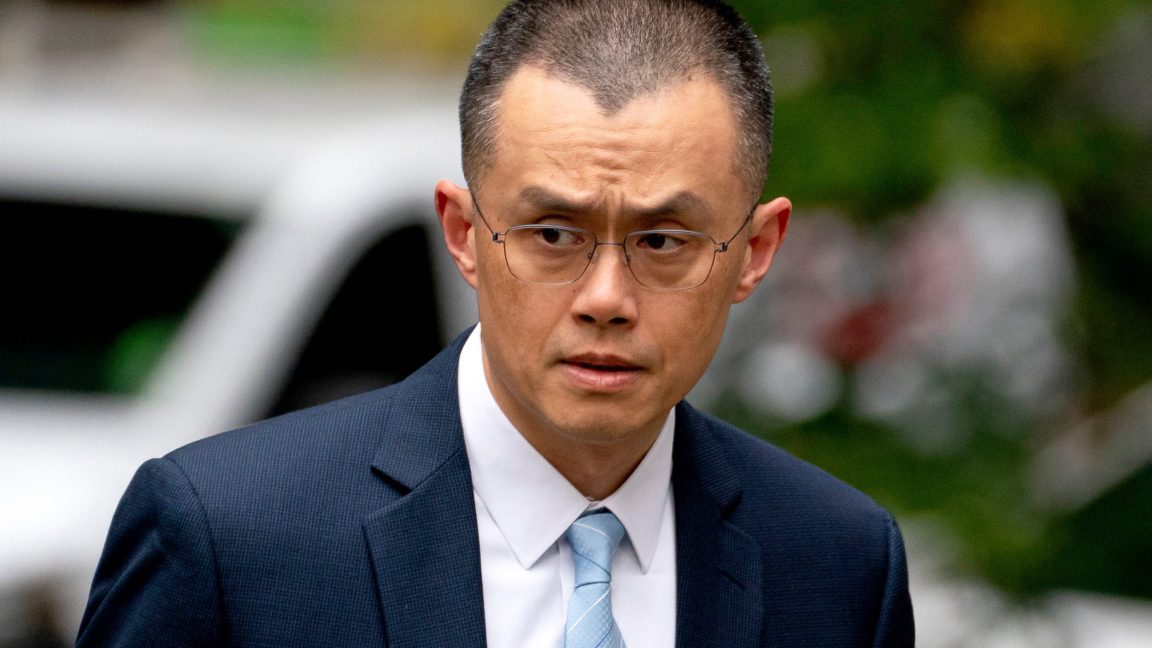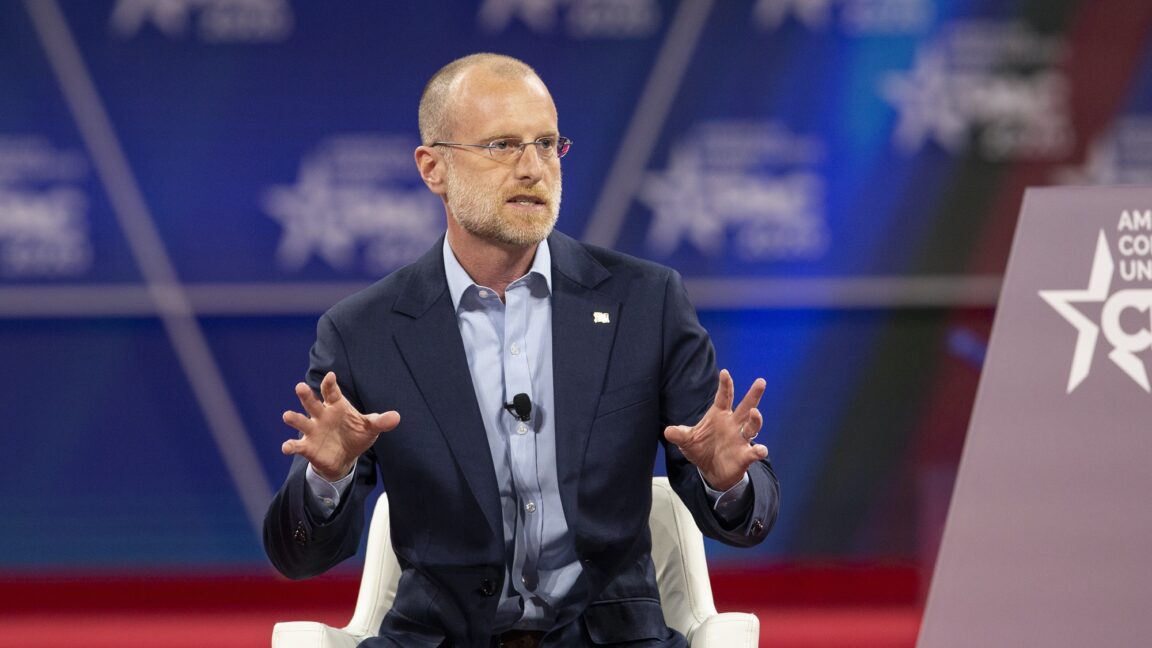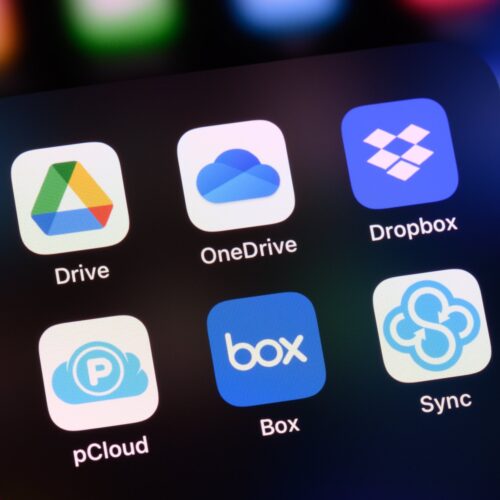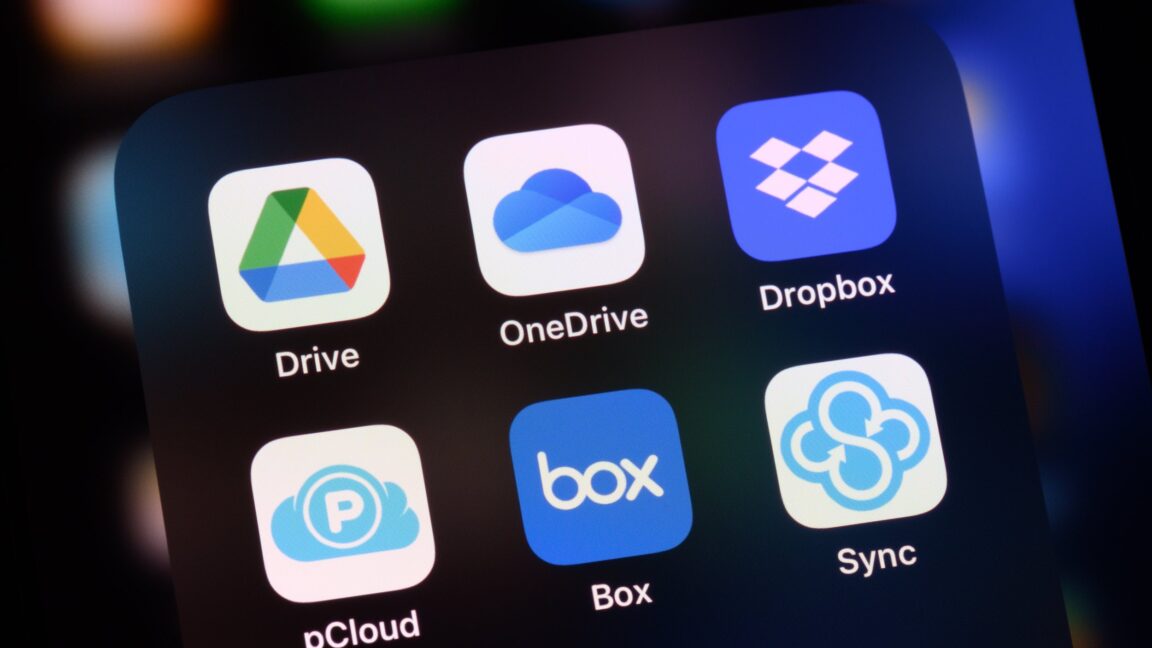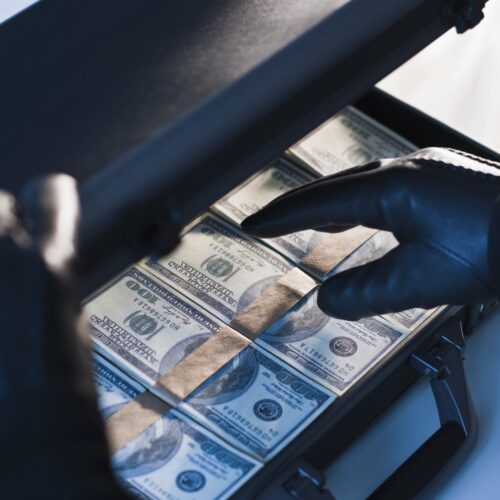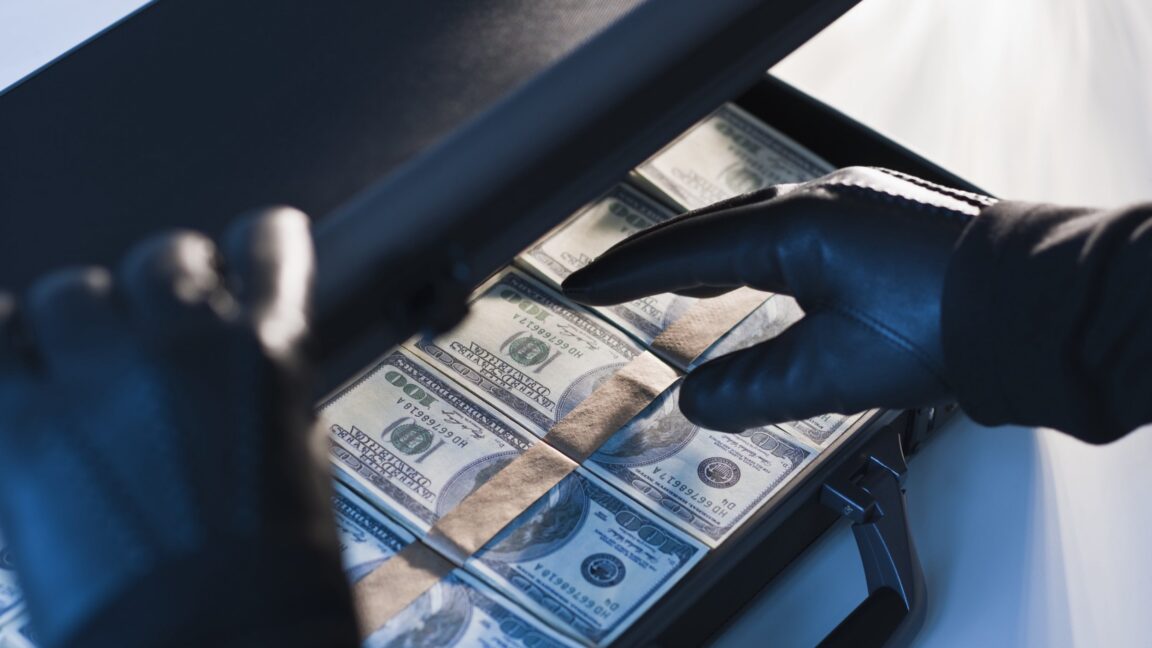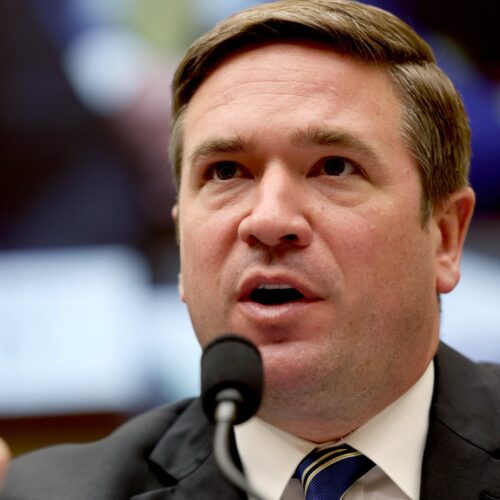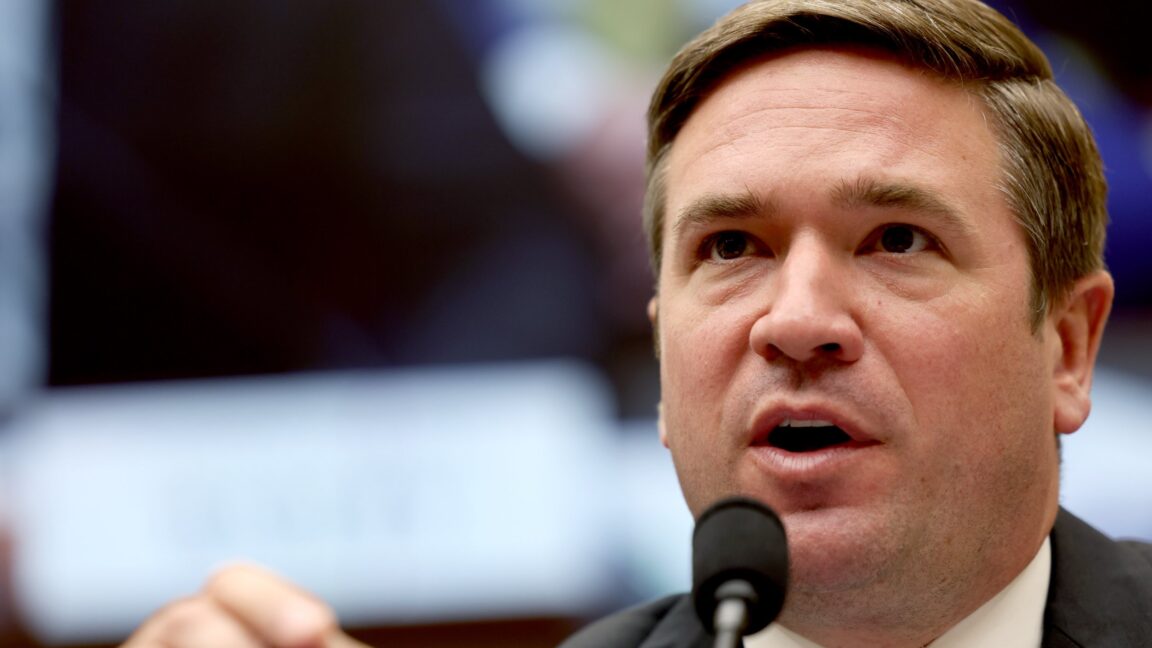Record labels unhappy with court win, say ISP should pay more for user piracy
The big three record labels notched another court victory against a broadband provider last month, but the music publishing firms aren't happy that an appeals court only awarded per-album damages instead of damages for each song.
Universal, Warner, and Sony are seeking an en banc rehearing of the copyright infringement case, claiming that Internet service provider Grande Communications should have to pay per-song damages over its failure to terminate the accounts of Internet users accused of piracy. The decision to make Grande pay for each album instead of each song "threatens copyright owners' ability to obtain fair damages," said the record labels' petition filed last week.
The case is in the conservative-leaning US Court of Appeals for the 5th Circuit. A three-judge panel unanimously ruled last month that Grande, a subsidiary of Astound Broadband, violated the law by failing to terminate subscribers accused of being repeat infringers. Subscribers were flagged for infringement based on their IP addresses being connected to torrent downloads monitored by Rightscorp, a copyright-enforcement company used by the music labels.


© Getty Images | digicomphoto
